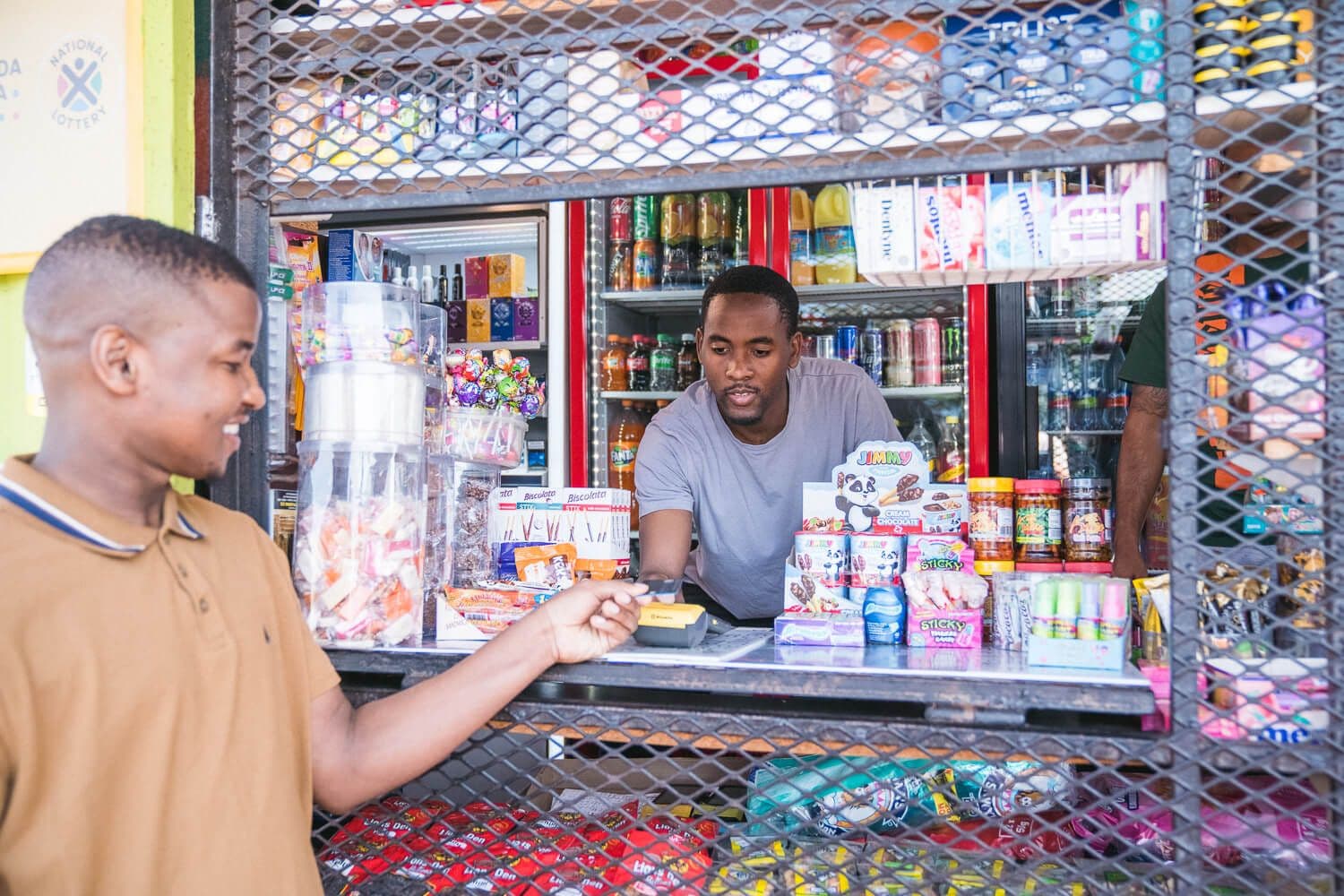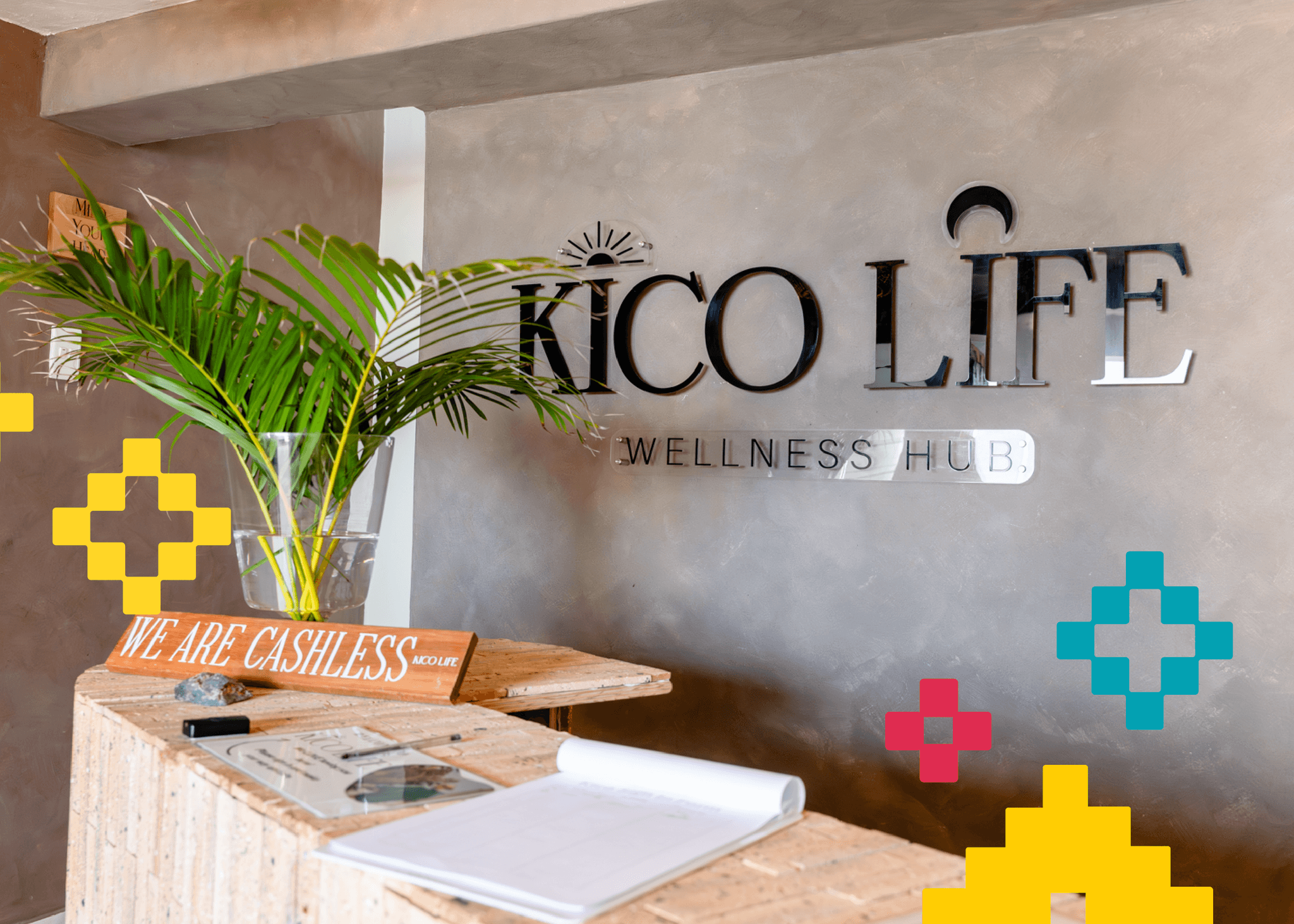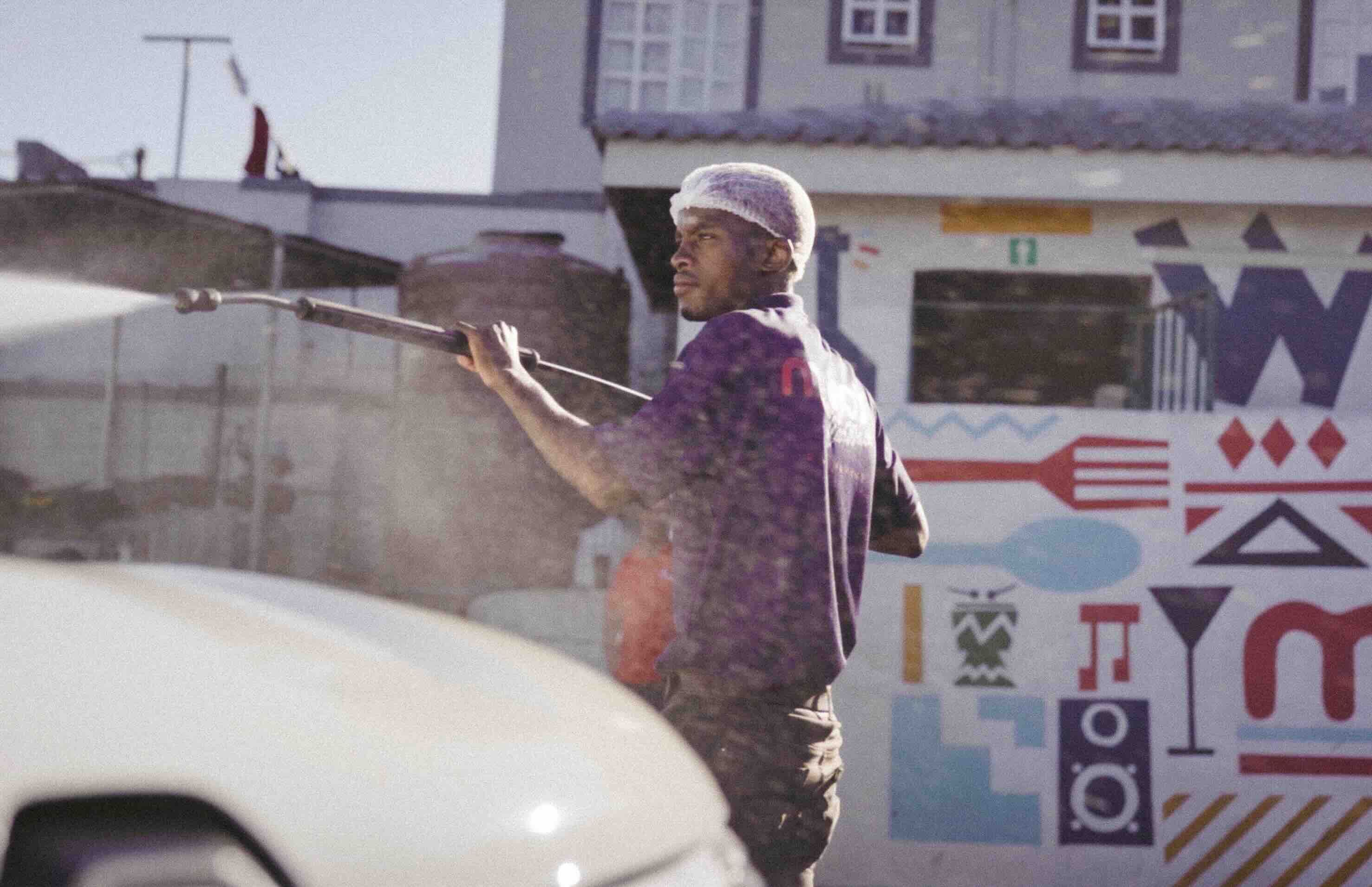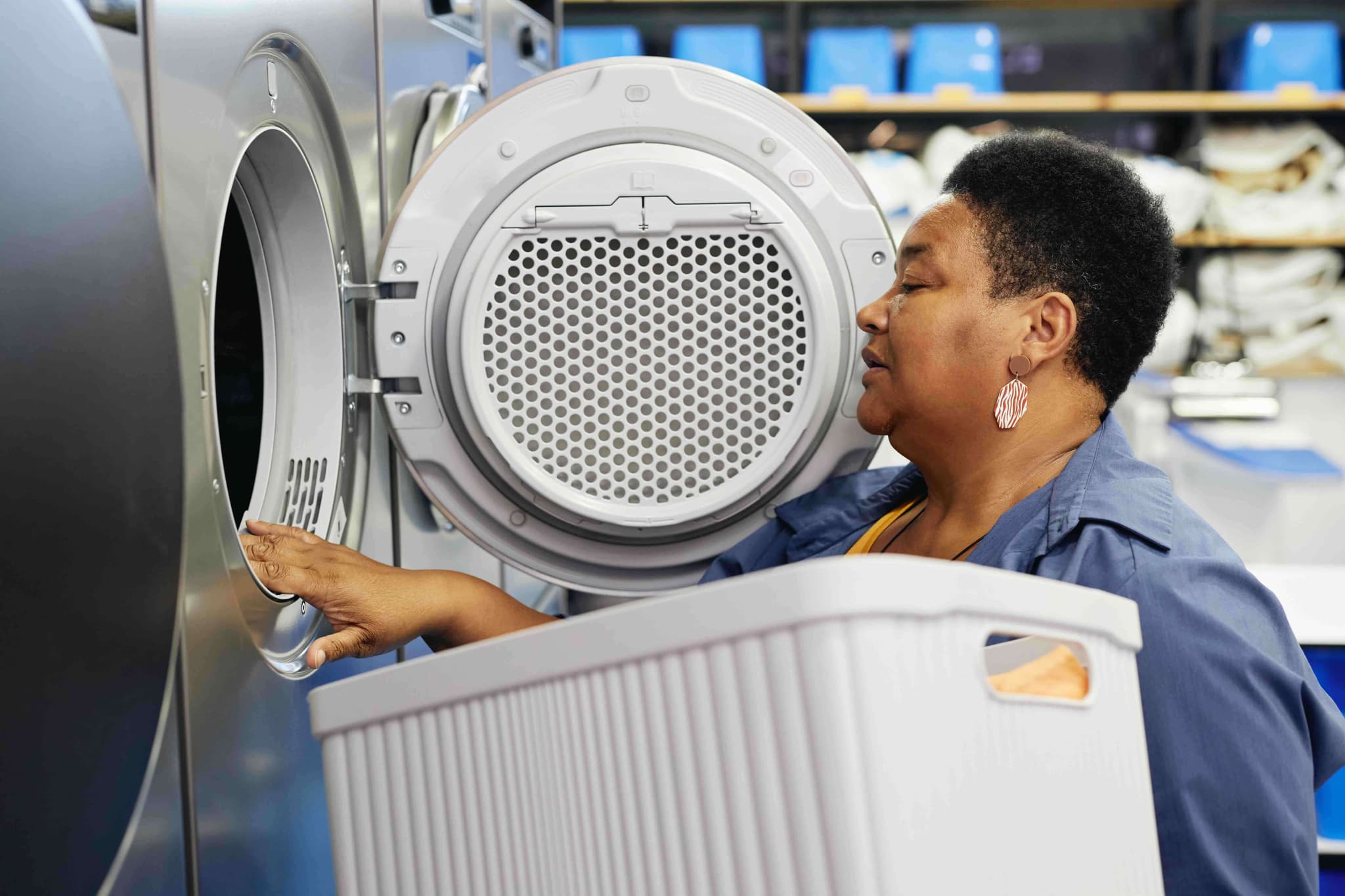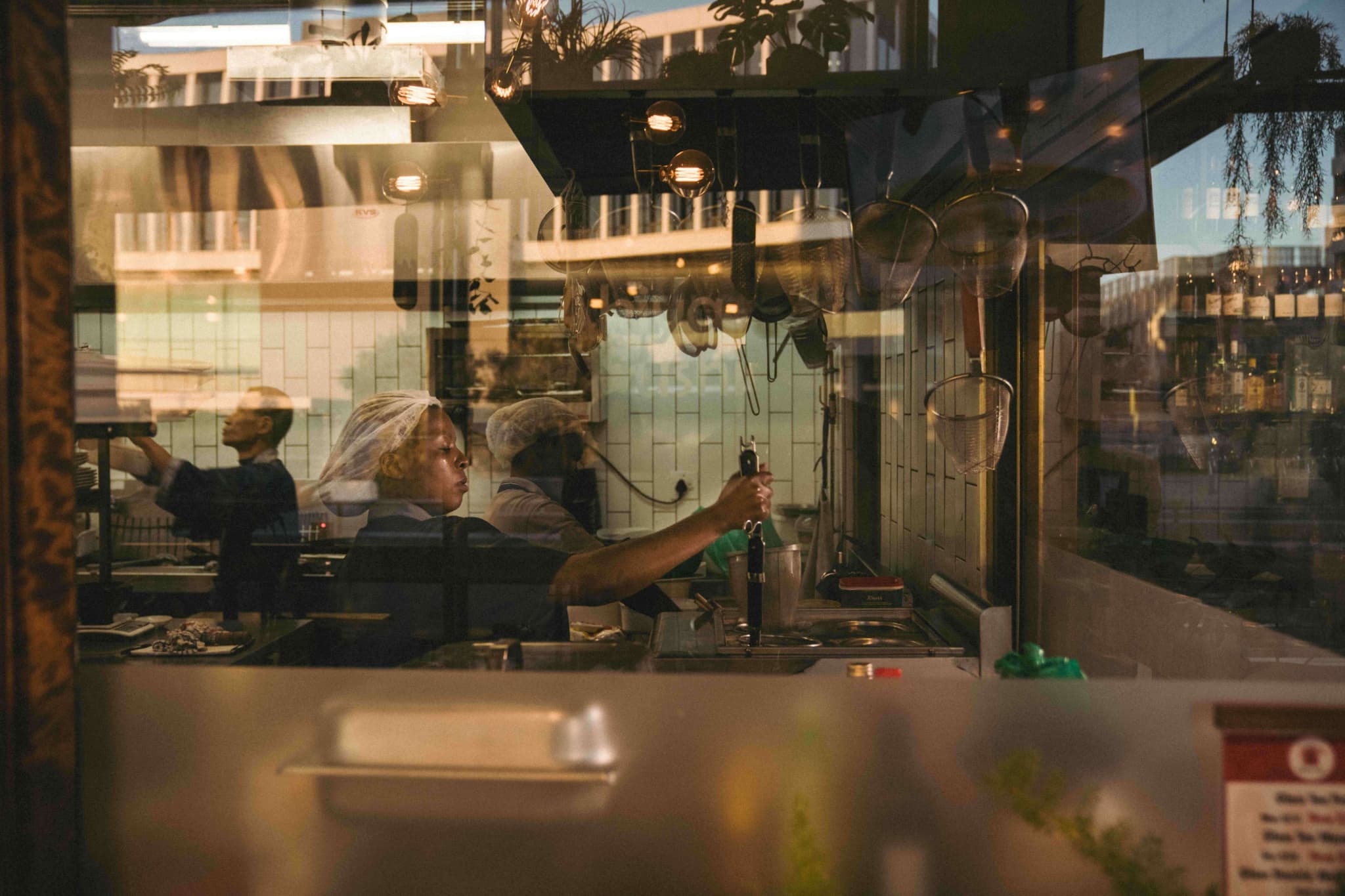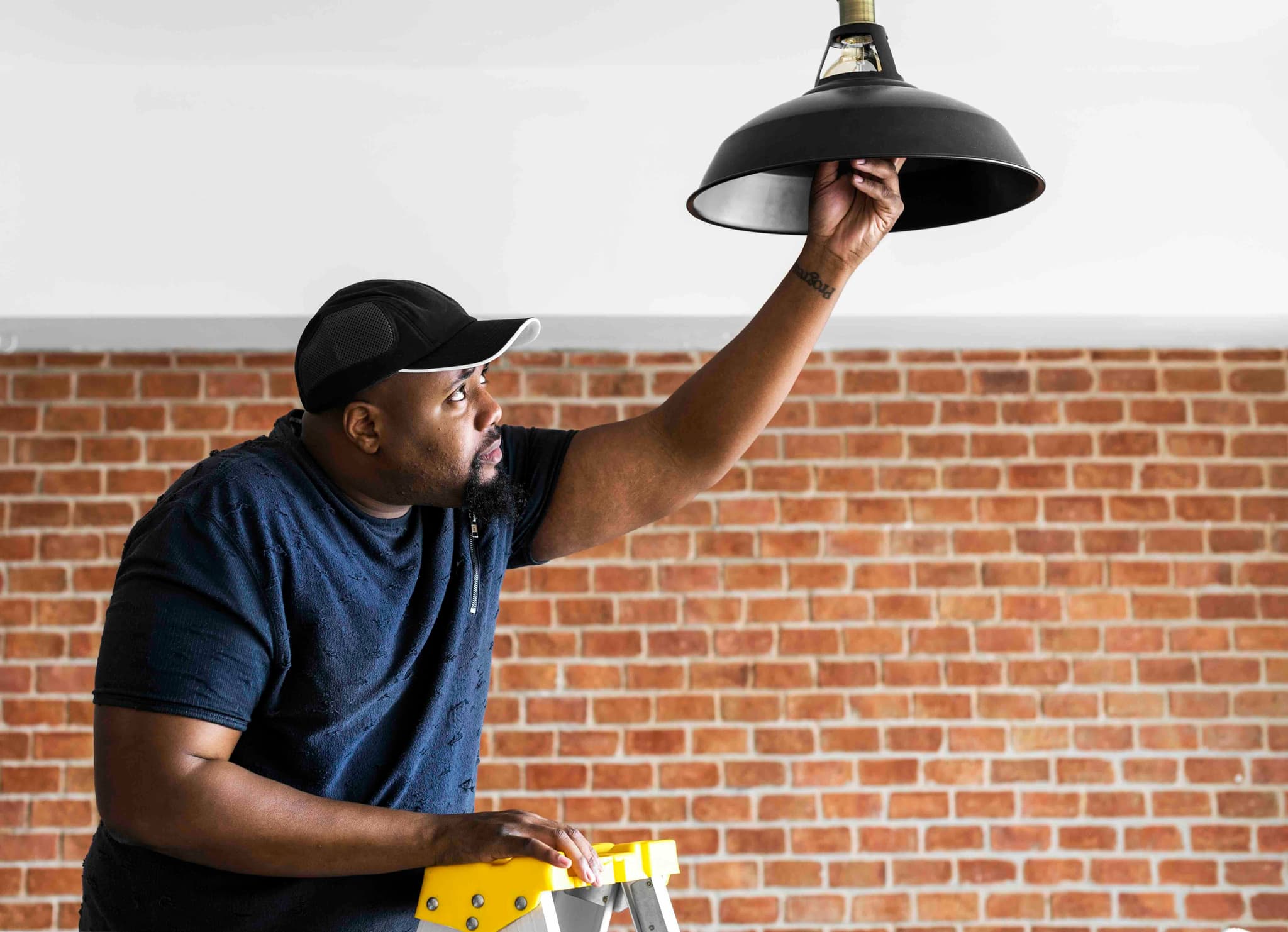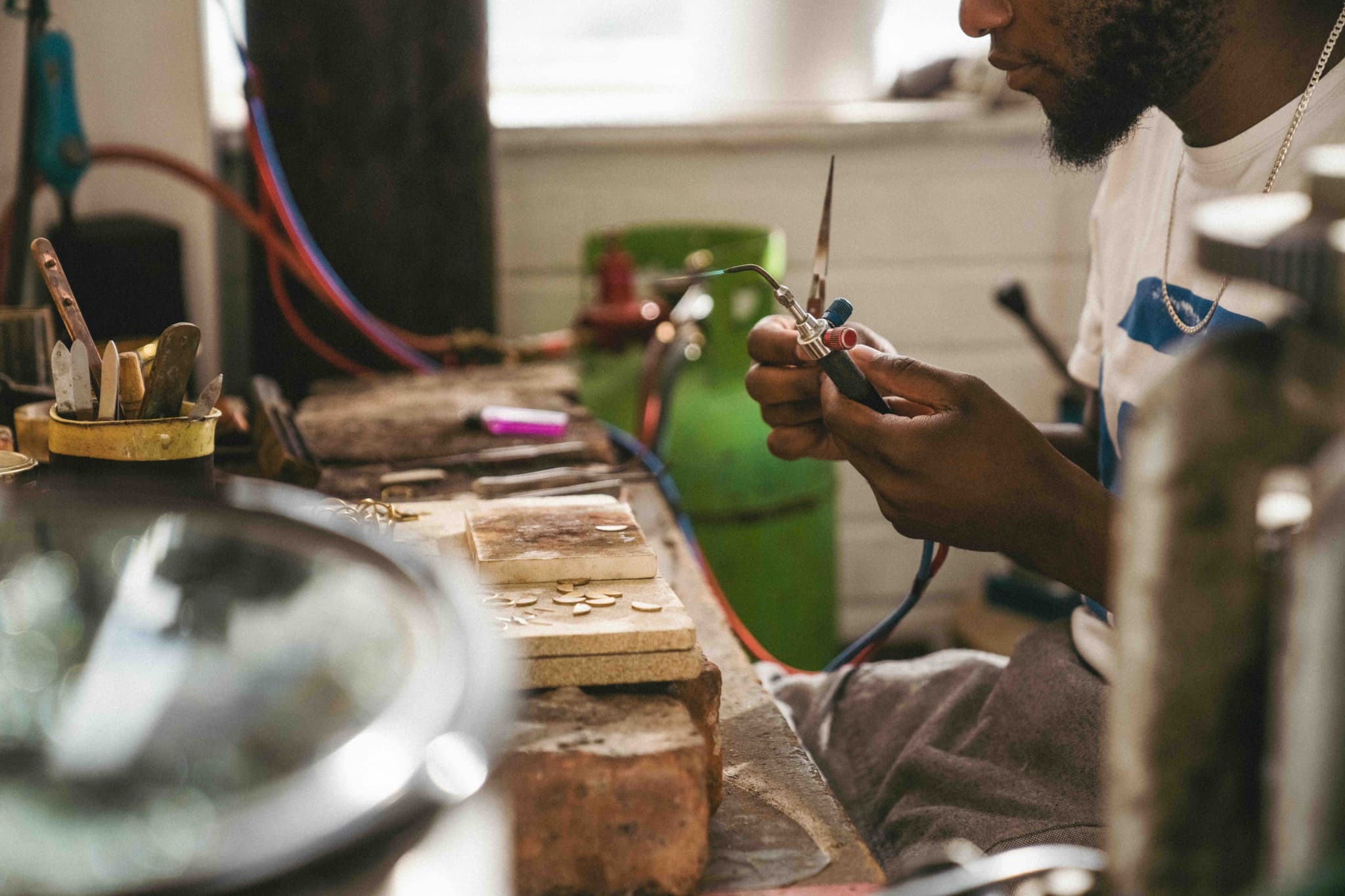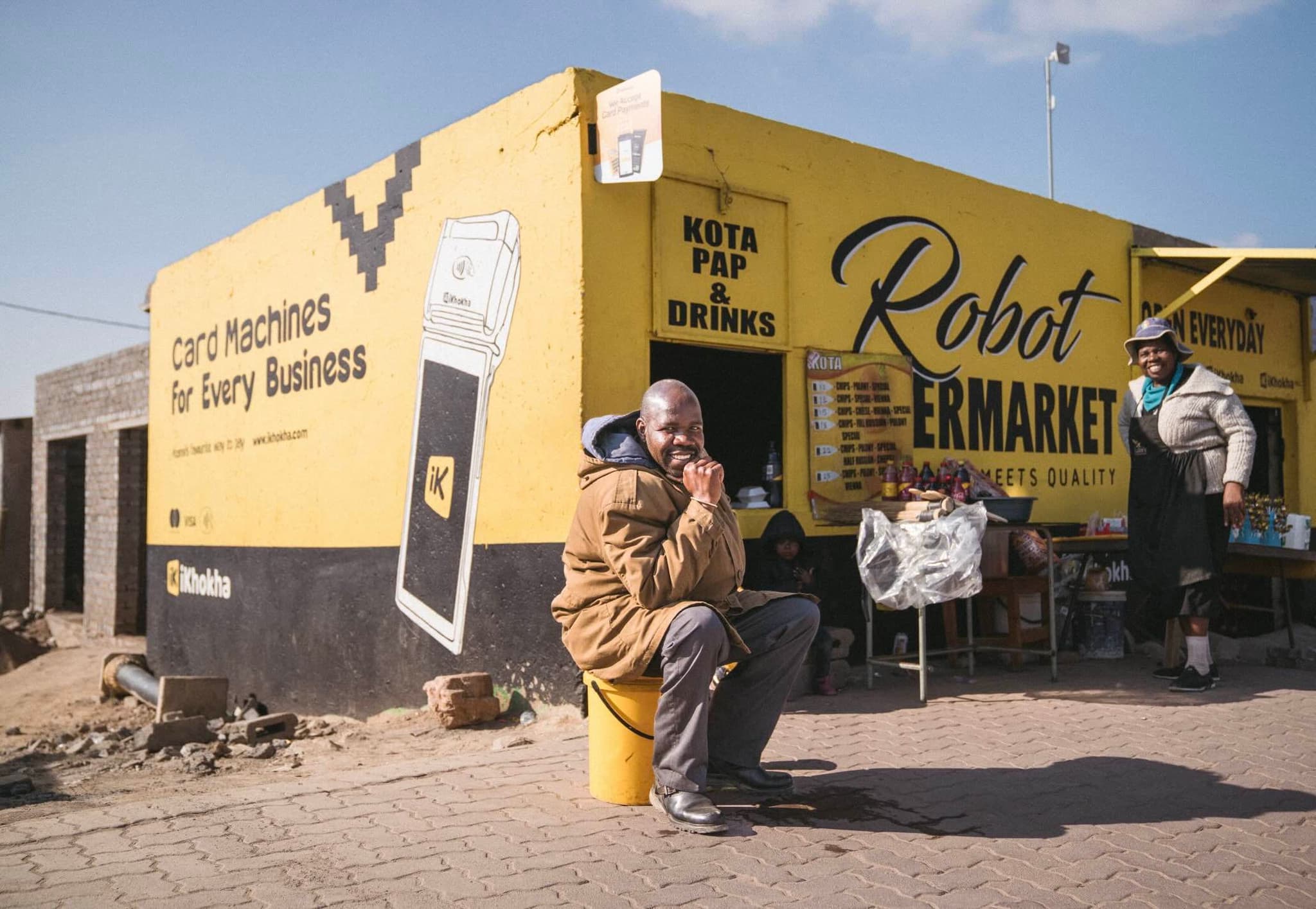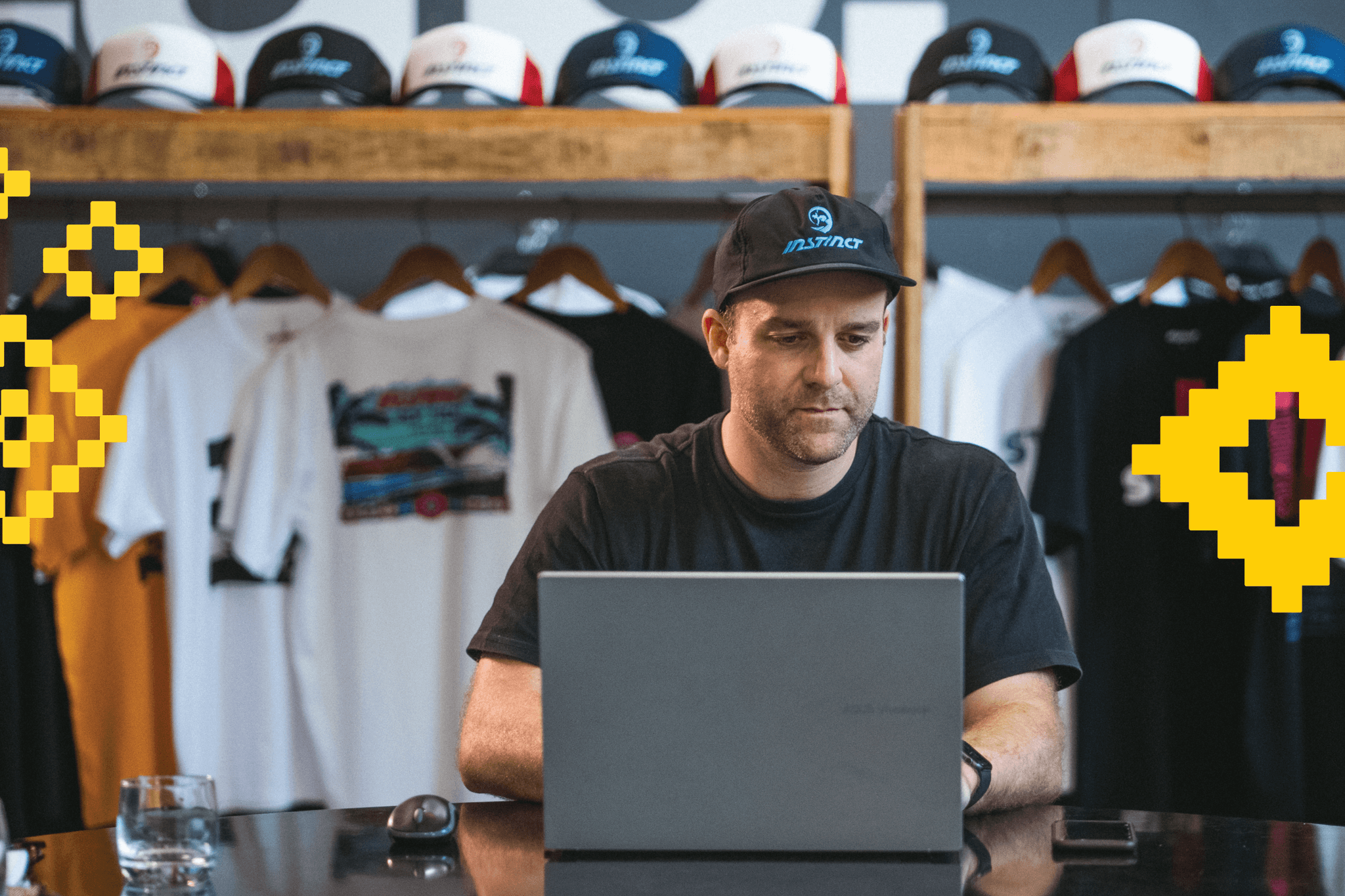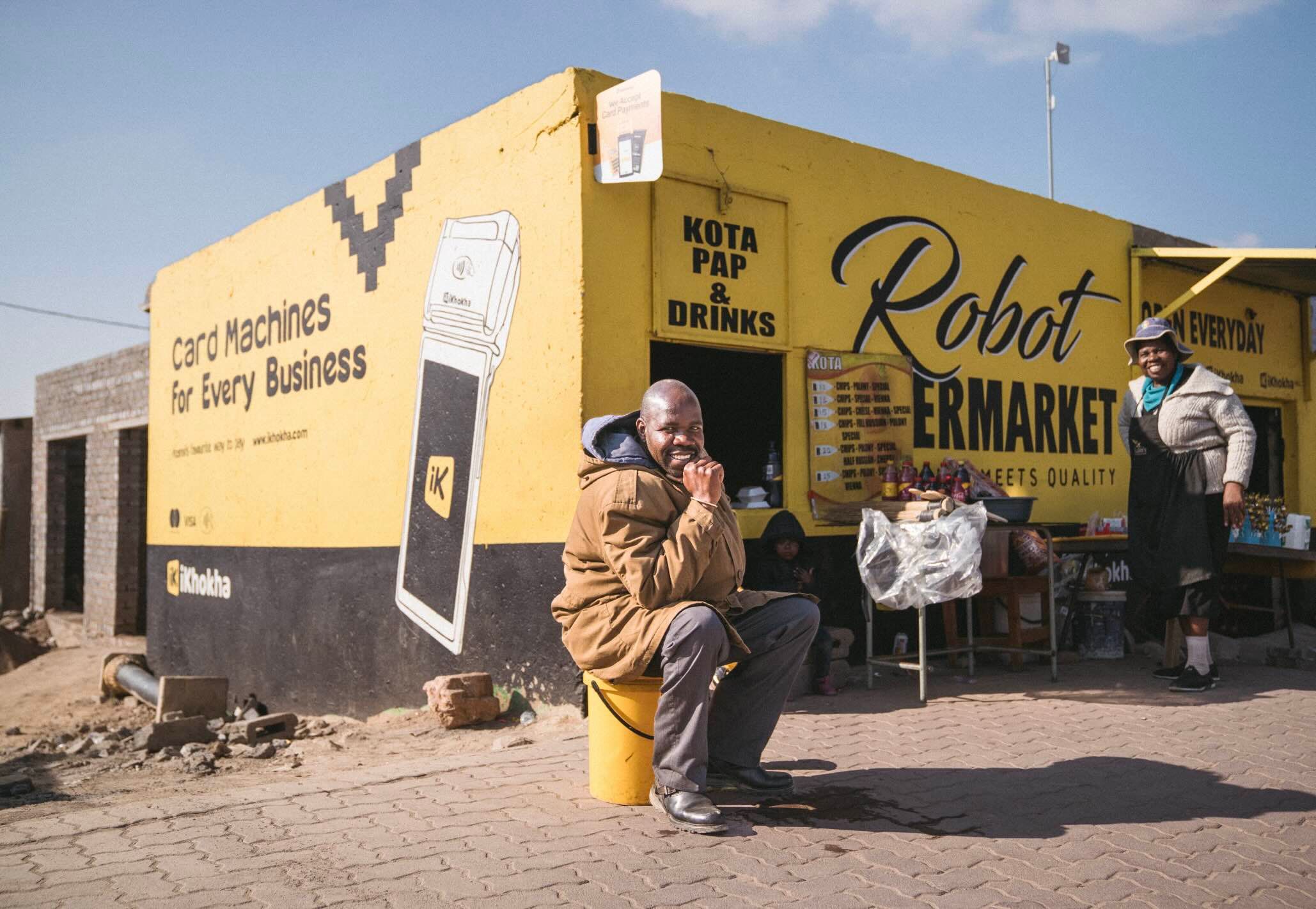
How to Register a Spaza Shop in South Africa
Learn how to register a spaza shop in South Africa. We cover CIPC steps, documents you’ll need, costs, and what to do next (bank account, SARS, records).
Table of Contents
- Introduction
- Do you really need to register a spaza shop?
- Which business structure works best?
- Step-by-step: How to register a spaza shop
- Create a CIPC account
- Reserve your business name
- Choose your structure
- Fill in the forms
- Submit your documents
- What does it cost to register?
- What happens once you’re registered?
- What to focus on after registration
- Can you run a spaza shop without registering?
- Why registering your spaza shop is worth it
- From hustle to growth
Running a spaza shop is about more than selling bread, milk, and airtime. For many South Africans, these little shops are lifelines. They keep the community stocked up, they create jobs, and they give families a way to earn an income close to home.
But the thing is, while most spaza shops start informally, there comes a point where going official just makes sense. It’s not only about ticking boxes. It’s about unlocking doors. Registration tells your customers, suppliers, and even the bank that you’re serious about business. It also gives you the protection you might need one day if things don’t go as planned.
If you’ve been wondering how to register your spaza shop in South Africa, you’re in the right place. Let’s walk through it step by step and get your shop set up for growth.
Do you really need to register a spaza shop?
Technically? No. Plenty of shopkeepers run informally for years, but staying unregistered keeps you stuck in the small lane.
Picture this: a supplier offers you an amazing bulk deal on cold drinks, but they ask for a registration number. Without it, you miss out. Or maybe you need a quick loan to restock shelves before month end. Banks won’t even look at you without proof your shop exists on paper.
That’s why so many owners eventually decide to register. Because with a certificate in hand, you get:
- More credibility with customers and suppliers.
- A foot in the door for funding and finance.
- Legal protection, depending on your setup.
- The freedom to think long-term, not just day to day.
In short: you can trade without registering. But if you want your spaza shop to grow into something stable and sustainable, it’s a smart step forward.
Which business structure works best?
When you register, you need to decide what kind of business you’ll be. Don’t stress, it’s not complicated. But it does matter. Your choice affects how you pay tax, how you keep records, and whether your personal belongings are protected if something goes wrong.
This is the quick-and-easy option. You trade under your own name or a trading name. All profits get added to your personal income when tax season rolls around. Cheap, fast, and simple. The catch? If your business racks up debt, you’re personally on the hook.
Private Company (Pty Ltd)
This structure separates you from your shop, so if the business owes money, your personal assets aren’t at risk. It also gives you more credibility and makes it easier to get funding or supplier deals. There’s a bit more admin than a sole proprietorship, but if you’re planning to expand, this is the way to go.
Keen to dig deeper? Check out our guide: What is Required to Register a Company in South Africa.
Step-by-step: How to register a spaza shop
Good news, you don’t need to queue outside some government office. The CIPC (Companies and Intellectual Property Commission) has made the whole process available online.
Create a CIPC account
Head to the CIPC eServices portal. Sign up with your ID, email, and cellphone number. That gives you access to all their services.
Reserve your business name
This is optional, but most shopkeepers do it. Come up with at least four name ideas and submit them. CIPC will approve one and send you a confirmation called a COR9.4. Keep that safe, you’ll need it later.
Choose your structure
Decide if you’re registering as a sole proprietor or a Pty Ltd. For lean setups, sole prop works. For credibility and protection, go Pty Ltd. You can read more in our guide on what is required to register a company in South Africa.
Fill in the forms
CIPC will ask for details about you, your shop, and (if relevant) any other directors or shareholders. It sounds scarier than it is, most of it is just your address, ID number, and basic info.
Submit your documents
This is where most people get tripped up. Here’s what you’ll need:
- A certified copy of your South African ID.
- Proof of address (bank statement, utility bill, or lease).
- Your COR9.4 name confirmation.
- Signed registration forms (COR15.1A for private companies).
Here’s a tip for you: Keep scanned copies on your phone or laptop. You’ll need them again when you open a bank account or apply for funding.
What does it cost to register?
Let’s be real though, money is always top of mind. The good news is registration won’t break the bank.
- Sole Proprietor: Around R125.
- Private Company (Pty Ltd): Around R475, including name reservation.
Add a little extra for certified copies, printing, or courier fees if you’re posting documents. But all in, it’s probably less than what you’d spend on a busy Saturday restock. Small money for a big step forward.
What happens once you’re registered?
Getting your certificate isn’t the finish line, it’s the starting block. Once you’re official, here’s what you should do next:
- Open a business bank account. Keep your personal and business money separate. It makes life a whole lot easier.
- Register with SARS. Even if you don’t hit the VAT threshold, you’ll need a tax reference number.
- Set up simple record keeping (income, expenses, supplier invoices).
- Keep your CIPC docs and tax reference number somewhere safe, you’ll need them for accounts and applications.
Each of these steps takes you closer to running your spaza shop like a real, scalable business.
What to focus on after registration
Once your papers are sorted, the next step is setting up the basics that make day-to-day trading easier, how you take payments, how you track sales, and how you keep things moving when it gets busy. If you’re not sure what tools to start with, browse our retail and supermarkets hub to compare options for running a store like yours. And if you want the full practical playbook, read our guide on how to start and grow a spaza shop.

Can you run a spaza shop without registering?
Sure, you can. Plenty of people do. But here are the downsides:
- Some suppliers won’t sell to you without papers.
- Funding is basically impossible.
- Certain permits might be tricky to get.
- Your personal assets could be at risk if things go wrong.
So yes, you can stay informal. But it’s like building a shack on sand instead of bricks. It works… until the storm hits.
Why registering your spaza shop is worth it
At the end of the day, registering isn’t about red tape. It’s about setting yourself up for bigger things. You’ll look more legit to your community, your assets will be protected, and you’ll have more ways to grow.
Pair that with the right tools, like the iK Flyer, and suddenly your spaza shop isn’t just a side hustle. It’s a proper business that earns respect and creates opportunities.
From hustle to growth
Your spaza shop isn’t just four walls and a counter. It’s a lifeline for your family and your neighbourhood. By registering, you give it the foundation to grow beyond “just a tuck shop” into something sustainable.
At iKhokha, we’ve walked this road with thousands of entrepreneurs. We know the paperwork isn’t glamorous, but the payoff is real. And we’ll be here with the tools to help you trade smarter every day.
